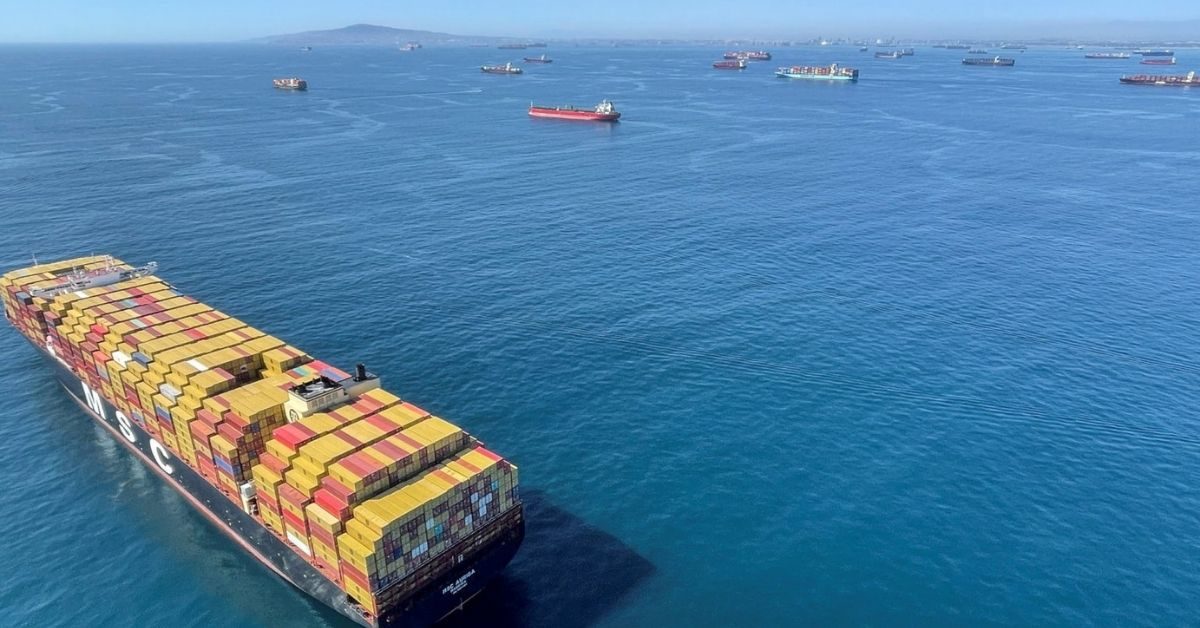The issue of coastal shipping Down Under is making headlines again. The matter had been brought up in national elections in May. Now the state of Western Australia is looking into it again as a way to have more resilient supply chains.
When floods hammered South Australia at the start of the year, Western Australia’s main rail link to the east coast was severed for more than three weeks, something that saw local supermarkets run out of certain goods.
Subsequently the state government established a taskforce to investigate how freight and supply chains could be strengthened, potentially by bringing back an interstate shipping route.
Taskforce co-chair Kyle McGinn has told the Australian Broadcasting Corporation this week that “some of the initial talks are around a seven-day turnaround, with two vessels running from east to west.”
“Shipping hasn’t had this opportunity in over 30 years, where it’s needed to be a crucial part of the supply chain here in WA. Shipping is consistent. It doesn’t stop,” McGinn said.
Shipping Australia, the country’s shipowning association, has repeatedly dismissed the idea of establishing a national cargo fleet.
“Similar nationalist policies have been tried in the past – both here and in the United States – and they have been profound failures,” states a post on the organisation’s site, published earlier this year.
Neighbouring New Zealand has had a significant rethink on coastal shipping this year.
In May the New Zealand government decided to pump NZ$30m ($19.4m) into a coastal shipping initiative, something that was hailed by local unions as the “biggest turnaround for the industry this century”.
Transport minister Michael Wood said at the time: “Coastal shipping is a small but important part of the New Zealand freight system, which is why the government is investing in making coastal shipping a more viable alternative to strengthen and diversify our domestic supply chain, helping to secure New Zealand’s recovery from covid-19. As a lower emissions transport mode, investing in coastal shipping will also help us achieve our decarbonisation goals.”
Four companies have been selected for funding – Coastal Bulk Shipping, Move International, Swire Shipping and Westland Mineral Sands.
In June, Maersk launched a dedicated coastal shipping service in New Zealand, aiming to “restore network reliability” to the country’s hard-hit supply chains.
Maersk Coastal Connect’s two 2,500 teu ships now provide weekly port coverage of Tauranga, Timaru and Lyttelton, and fortnightly coverage of Nelson and Auckland.
In related news, New Zealand-based transport and logistics group, MOVE Logistics has detailed this week its first trans-Tasman shipping line, scheduled for Q4, as part of its new Oceans business.
MOVE has acquired the geared 350 teu Atlas Wind for a regular monthly voyage that will see goods shipped between regional New Zealand ports, including Nelson, Timaru, New Plymouth, and Bluff, across the Tasman to Tasmania and other east coast ports in Australia.







